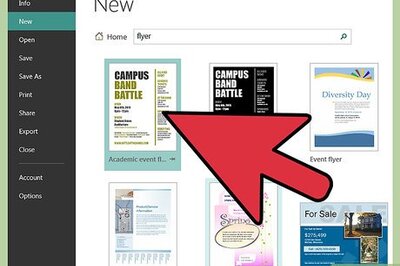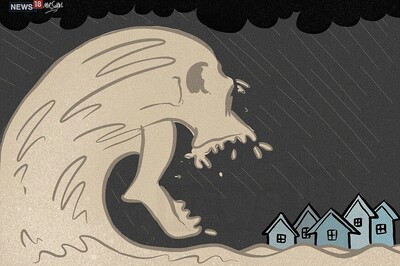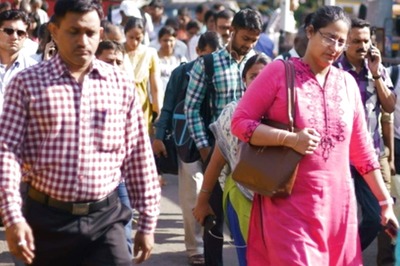
views
When learning from their homes became the norm, students are missing the most on social connection. Most students claim that they miss friends. Without a lunch break or a games period, making friends has become difficult for students. In fact, some younger students don’t know anything other than online school and might find it difficult to acclimatize to real-time interactions with peers in a physical classroom.
Online extracurricular activities can help in filling the emotional and behavioural learning gap. In an online academic classroom, it is mostly the teacher who speaks. Students don’t get the opportunity to interact with their classmates. But an online extracurricular class is different. The script for a play has to be written together. You don’t debate by yourself, there’s always an opponent. And an online film club is a rich discussion among students about what they liked and disliked about a film.
Extracurricular activities bring together students with similar interests and create an environment in which they can learn from each other and have lighthearted conversations. As we hunker down at home, feelings of isolation can increase. Human beings, children most of all, thrive on social connections and extracurricular activities make them possible. They are the perfect antidote to lockdown-induced isolation and social anxiety.
Where formal education has fallen short, extracurricular education has somewhat helped fill the gap. This is hardly surprising. Benjamin Bloom, an American educational psychologist, came up with a hierarchy of learning objectives called Bloom’s taxonomy. He believed that students learnt the most when they created something and the least when they simply acquired knowledge. According to Bloom’s logic then, extracurricular activities, which make students think and create and apply, help them learn the most.
Take the example of a student who organizes a fundraiser in the aftermath of Cyclone Amphan. Through his volunteer work, he learns about climate change and why cyclones are becoming more frequent; he learns about who is the most affected by natural disasters and develops an understanding of the different social-economic strata, and he learns about the government policies in place for natural disasters.
While academic classes have felt like a chore, students have enjoyed participating in extracurricular activities. As students go back to school and normalcy, extracurricular activities serve as a reminder that learning doesn’t always have to be stressful.
— Written by Yashovardhan Poddar and Akshay Rampuria
Read all the Latest News, Breaking News and Assembly Elections Live Updates here.




















Comments
0 comment